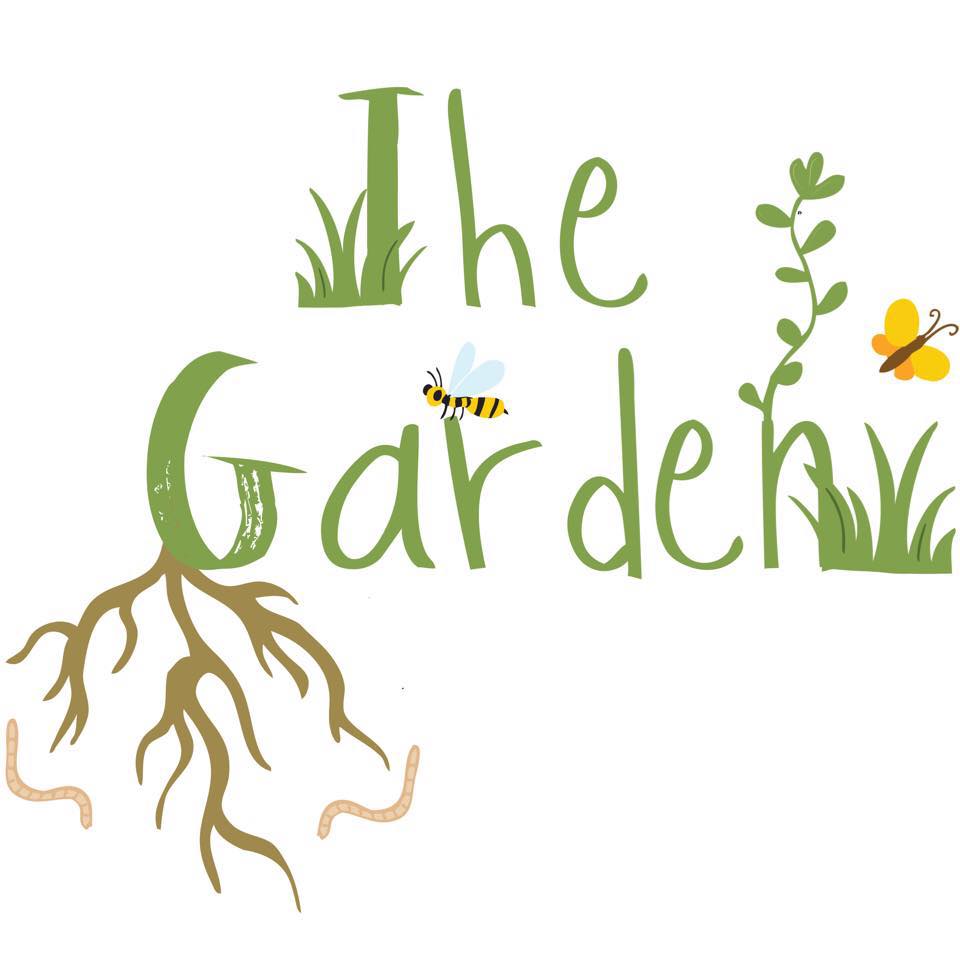The shift to a systems thinking paradigm
/Marshmallow toasting when you can’t have an open fire
I’ve had this pet theory for about fifteen years now. I think we’re moving from a reductionist paradigm, which has been dominant since the enlightenment, to a systems thinking paradigm.
Reductionism is the attempt to understand the world by breaking everything down into its constituent parts to see how it works, applying simple cause and effect to explain observed phenomena. In systems thinking, the world is a complex system, with many interrelated objects, interacting with each other to produce chaotic looking outcomes. In simplest terms, under a systems thinking worldview the relationships between things are more important than the things themselves.
If you’re looking for evidence of this paradigm shift, you can find it everywhere, in all areas of human thought and activity. Permaculture is systems thinking for horticulture, artificial intelligence is systems thinking for electronic engineering, environmental behaviour change relies on systems thinking, and there’s a whole area of business theory that’s even called systems thinking.
In an ideal world education and learning would return to being emergent from culture in the way it has been for the vast majority of human history. Young people would all learn from being a part of society and not segregated from it, especially in the form of hierarchical and authoritarian institutions. However, with capitalism being the dominant culture, this isn’t possible for most at the moment.
At The Garden we try to recreate this organic process as best we can by focussing on relationships rather than outcomes. I often say to prospective families that even if they never learned anything else at The Garden (which of course they do), if young people moved on from our learning community with only emotional security and good social skills they’d always do well for themselves.
As anyone who works on something of social benefit should feel, I look forward to the day when the paradigm shift is complete and projects like The Garden are no longer needed but until then we will maintain our pocket of utopian culture, where relationships are the bedrock on which everything else is built.
Artemis D. Bear, founder of The Garden



